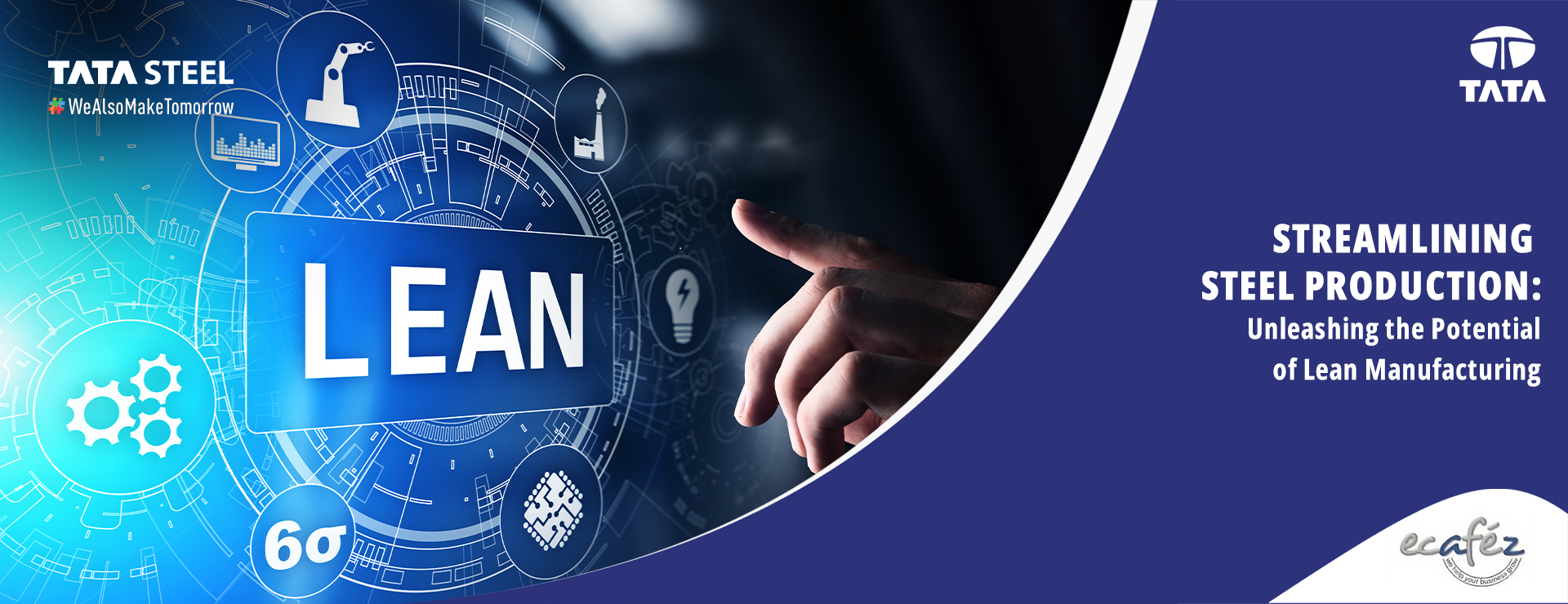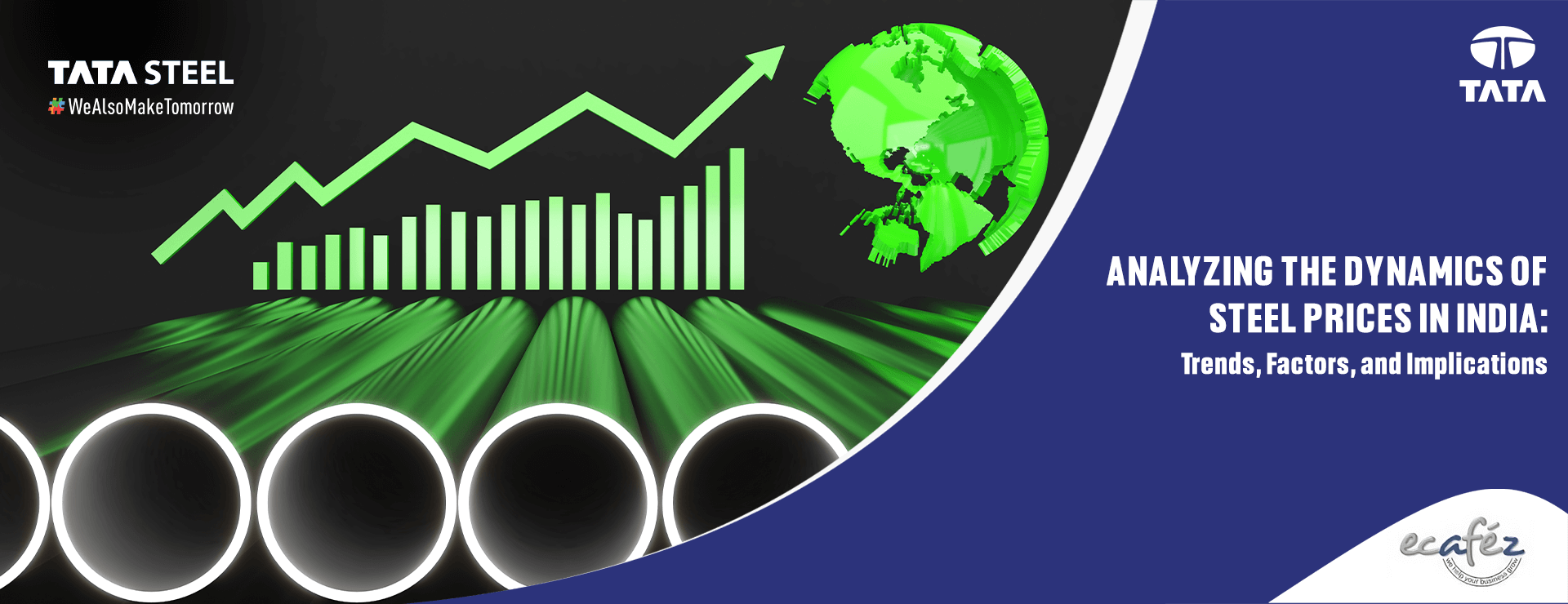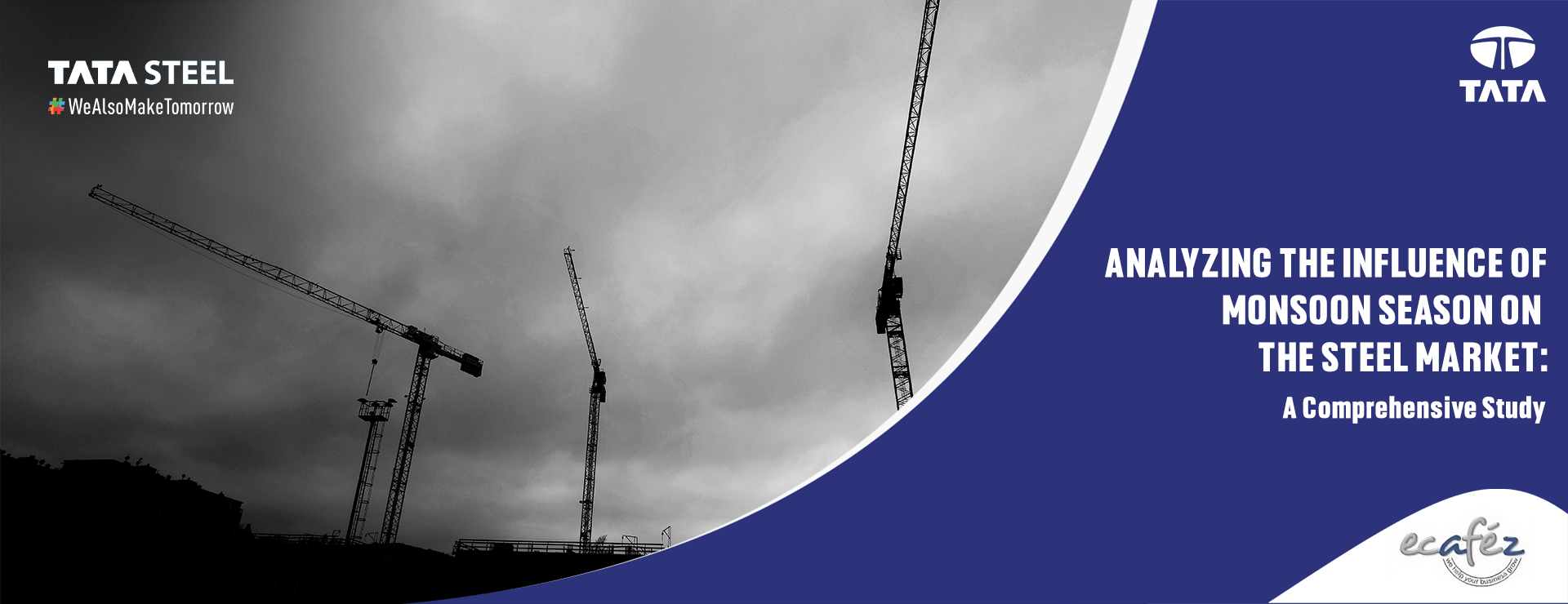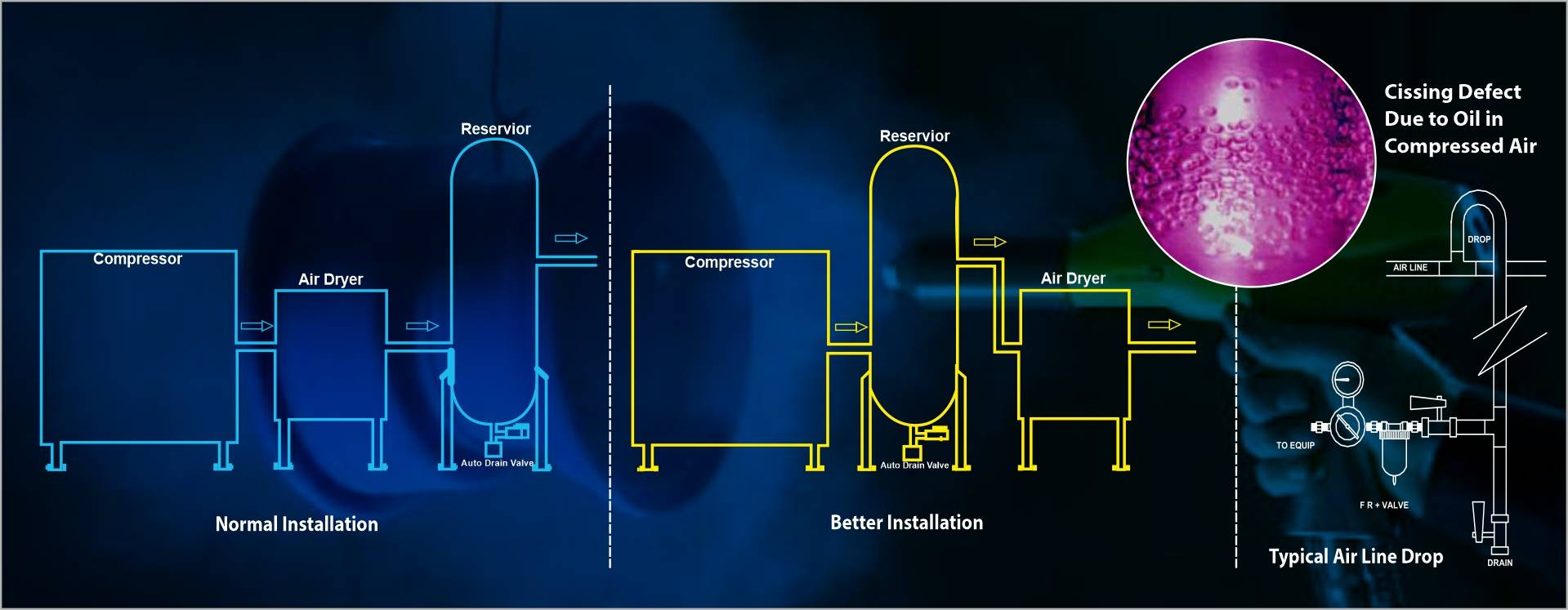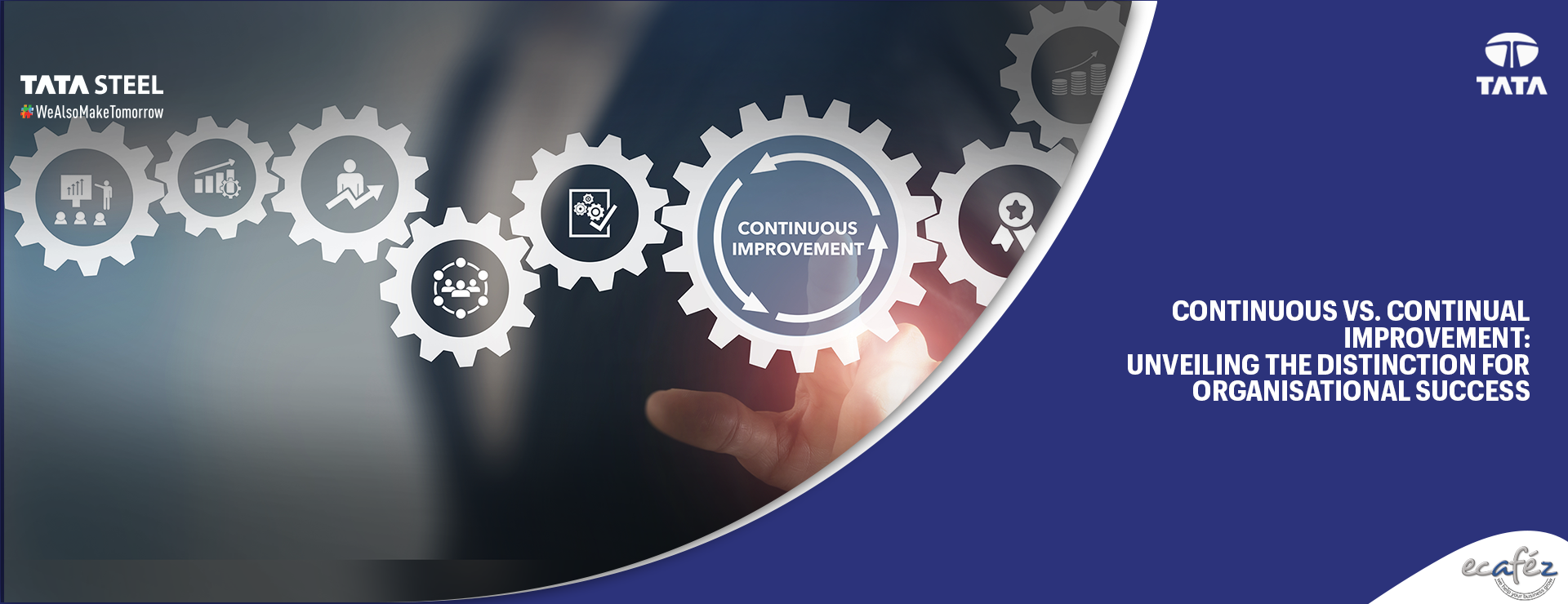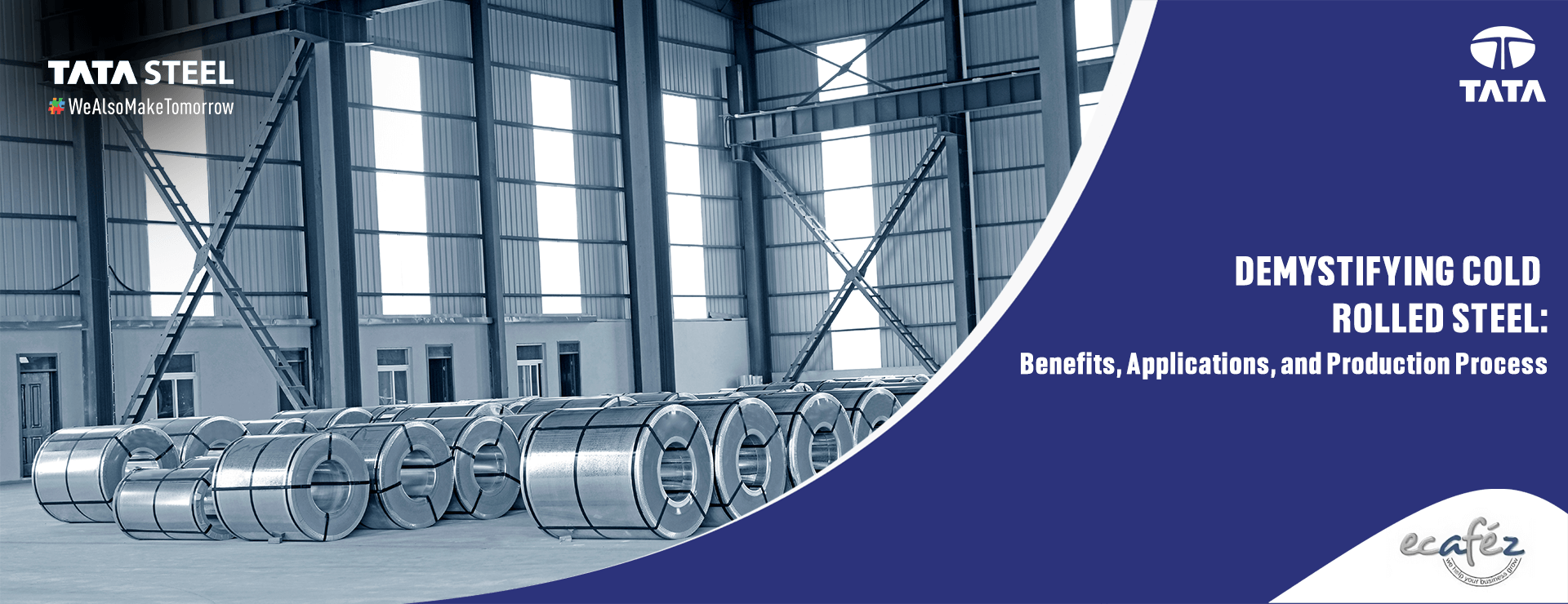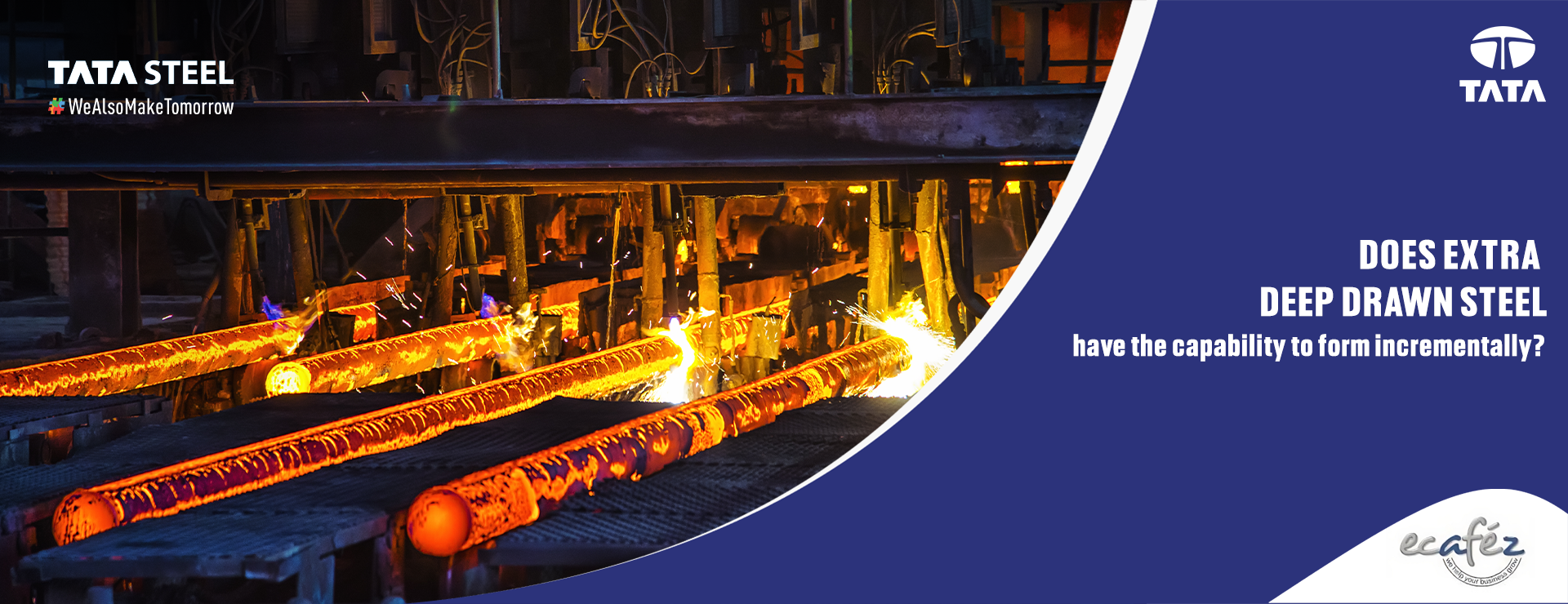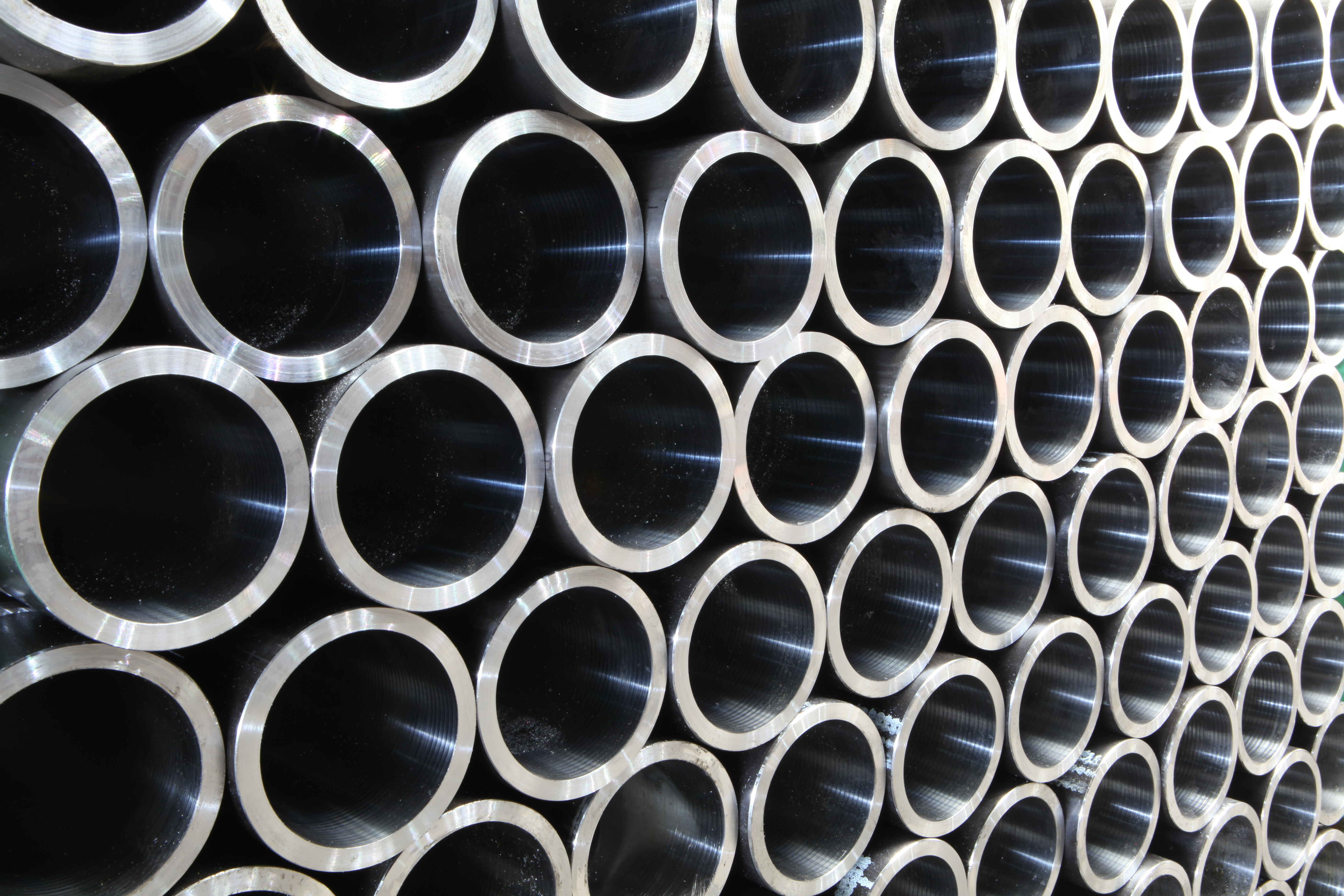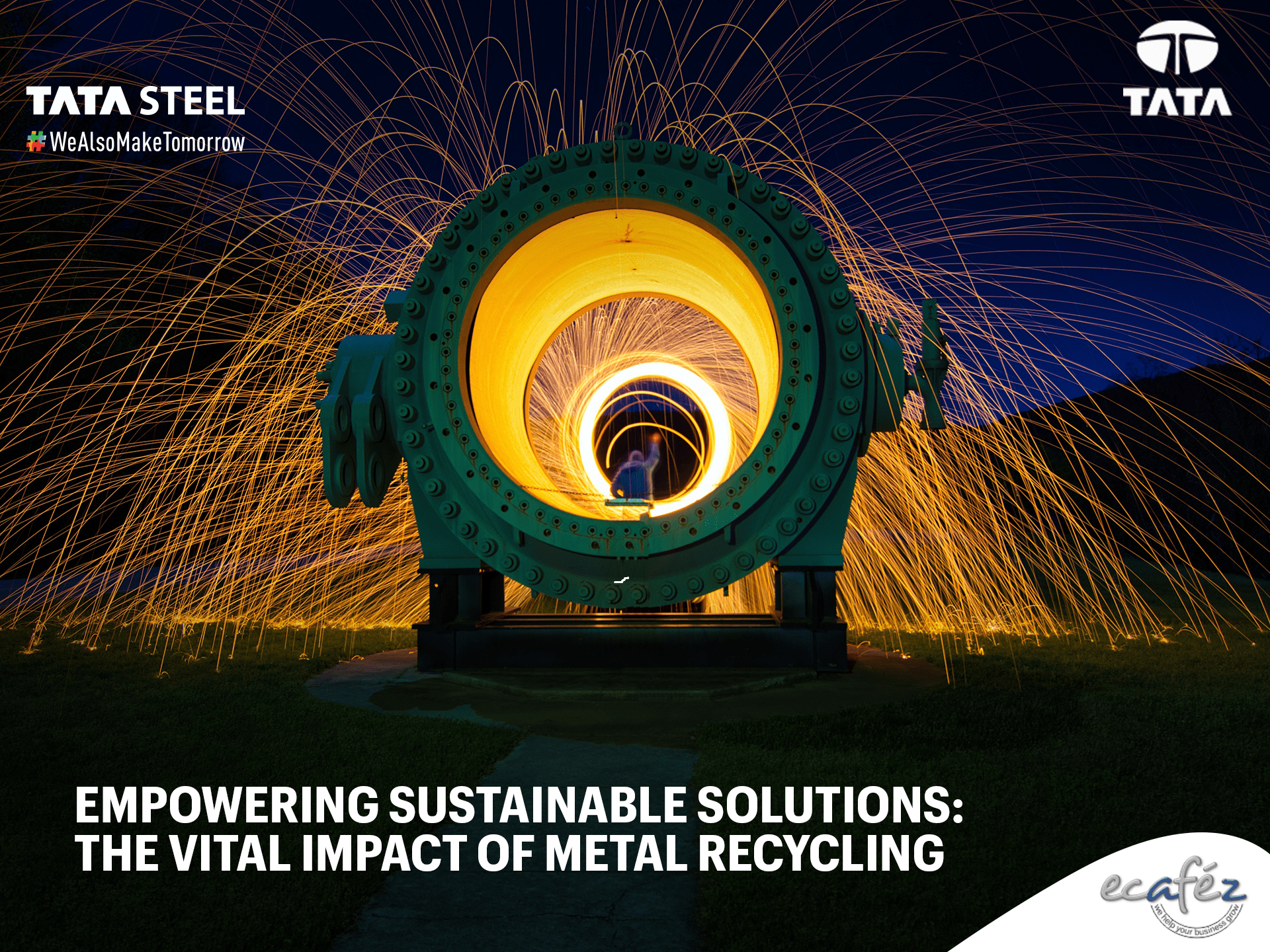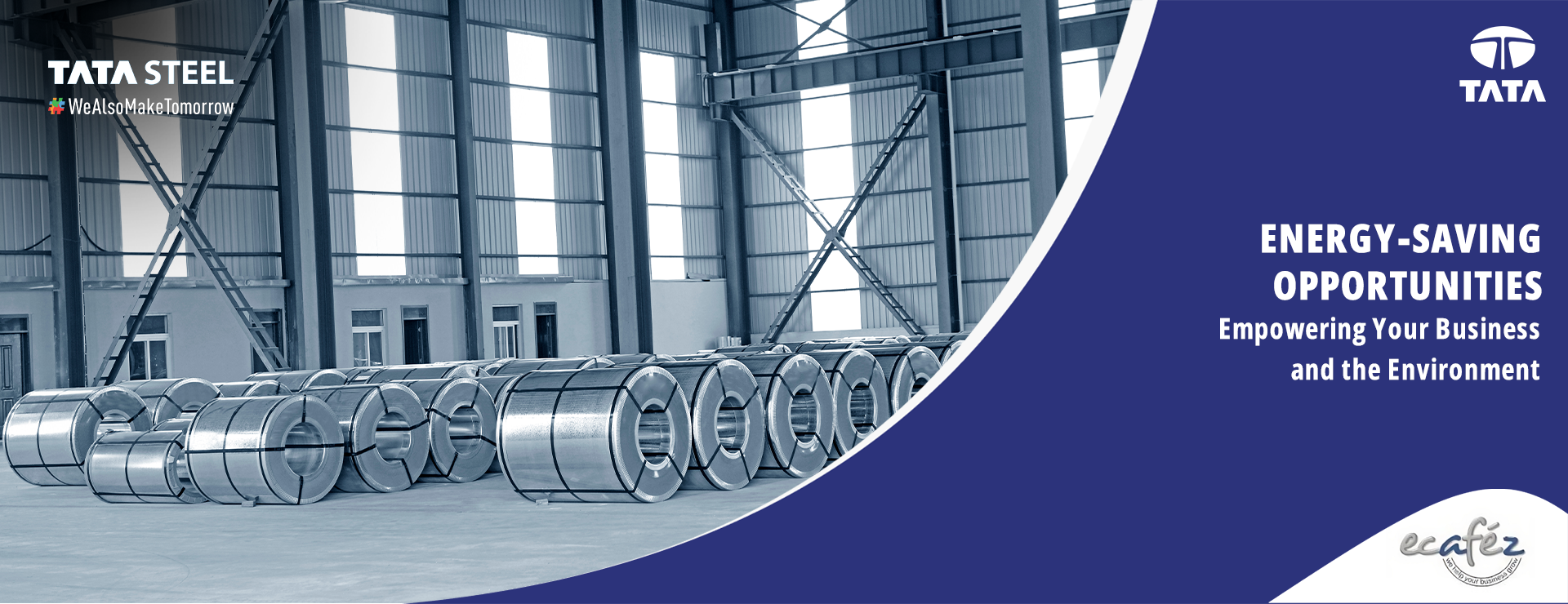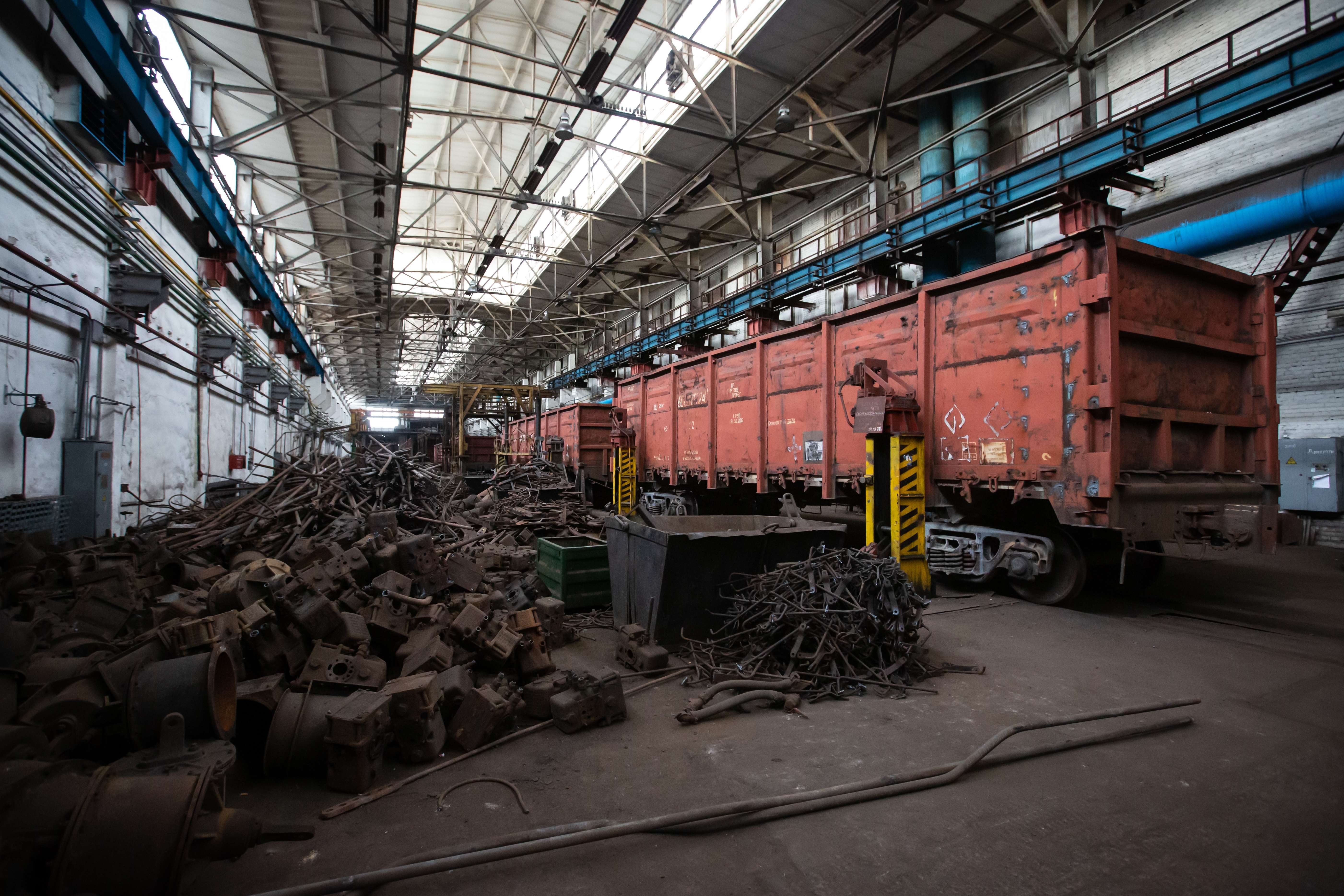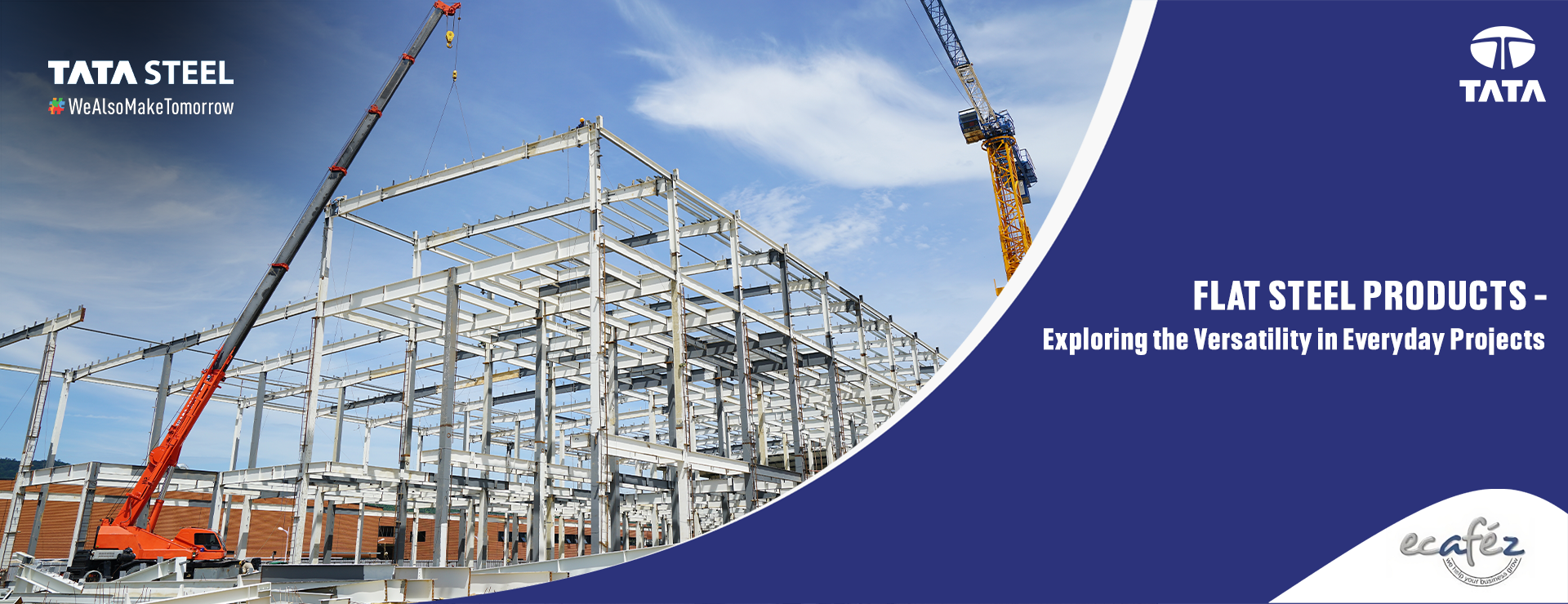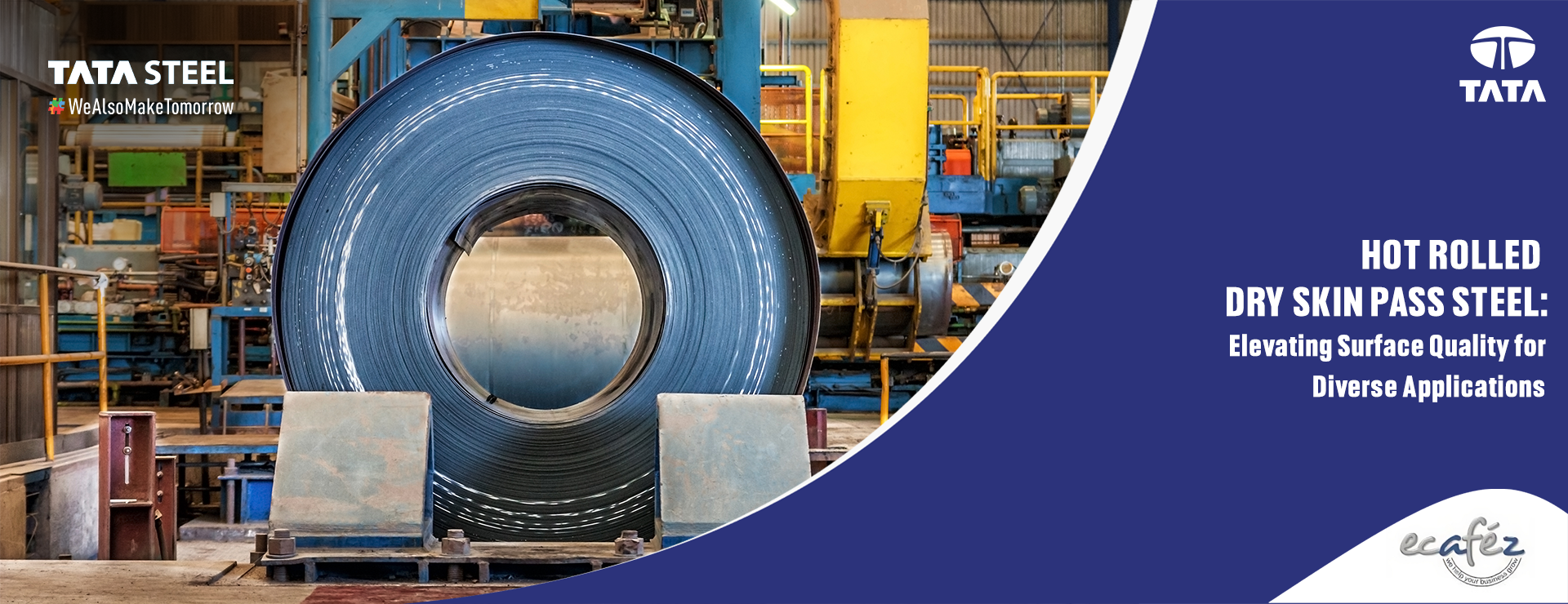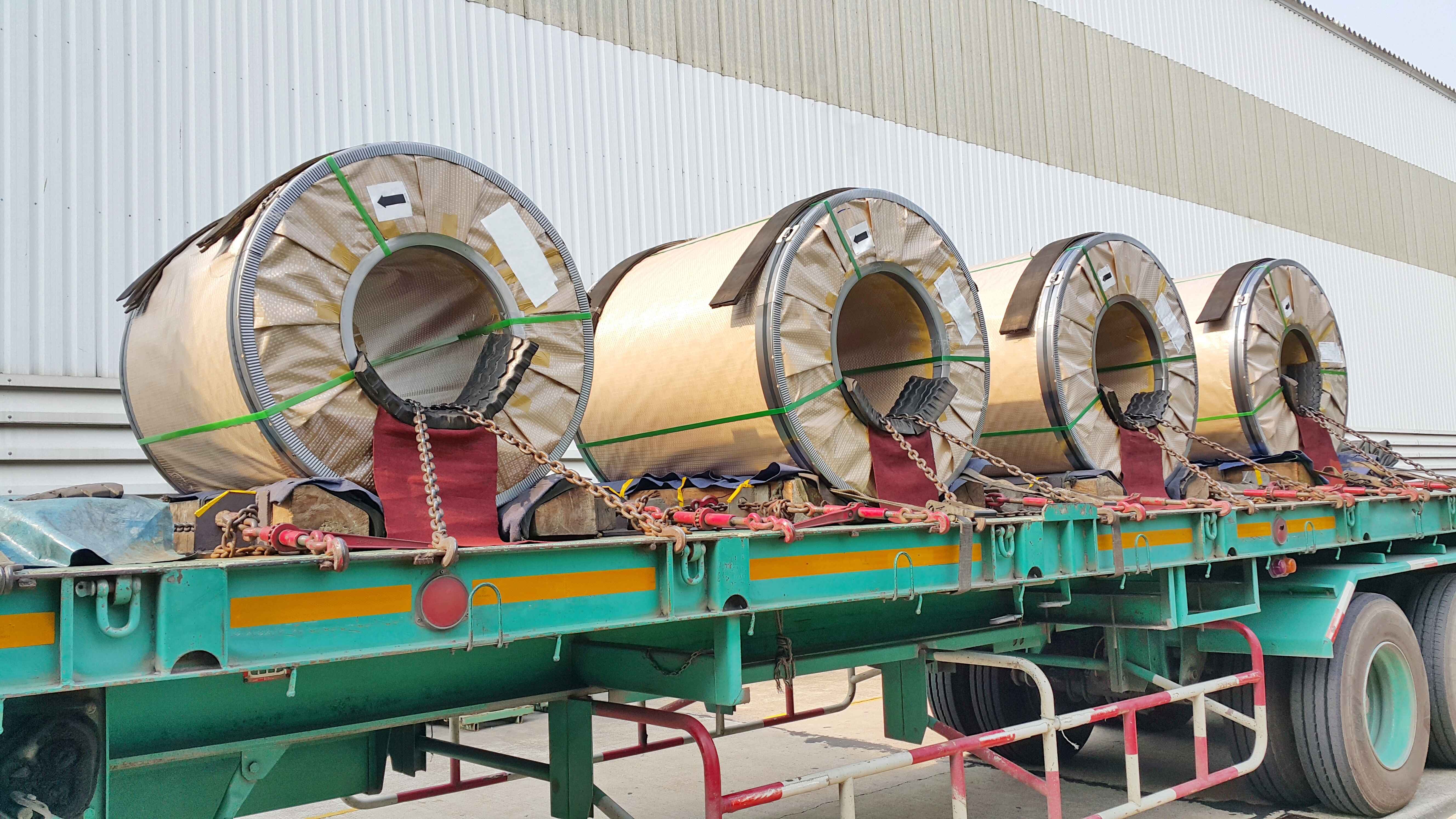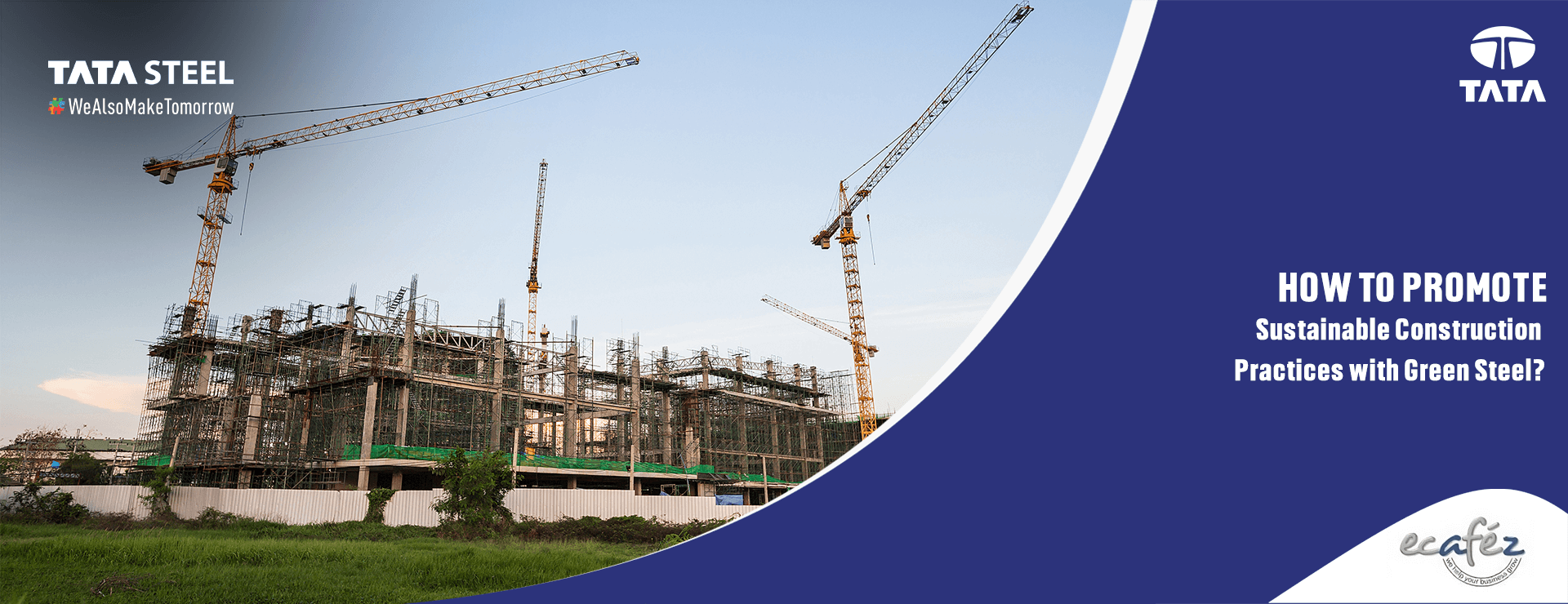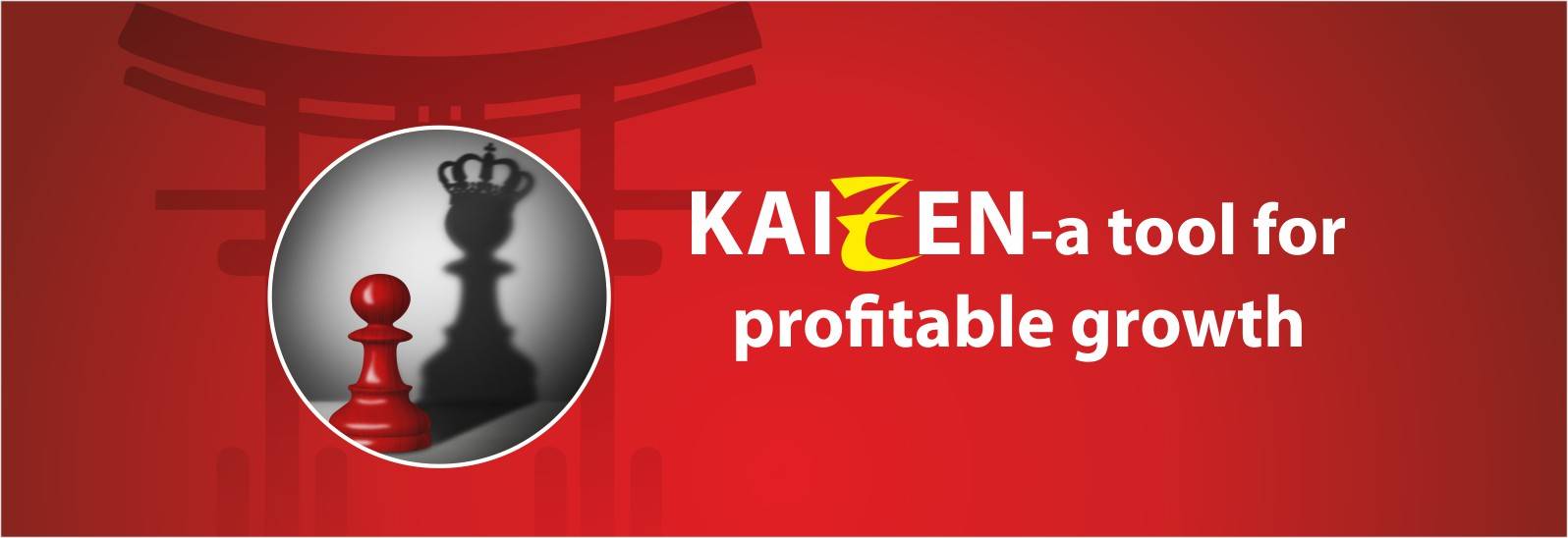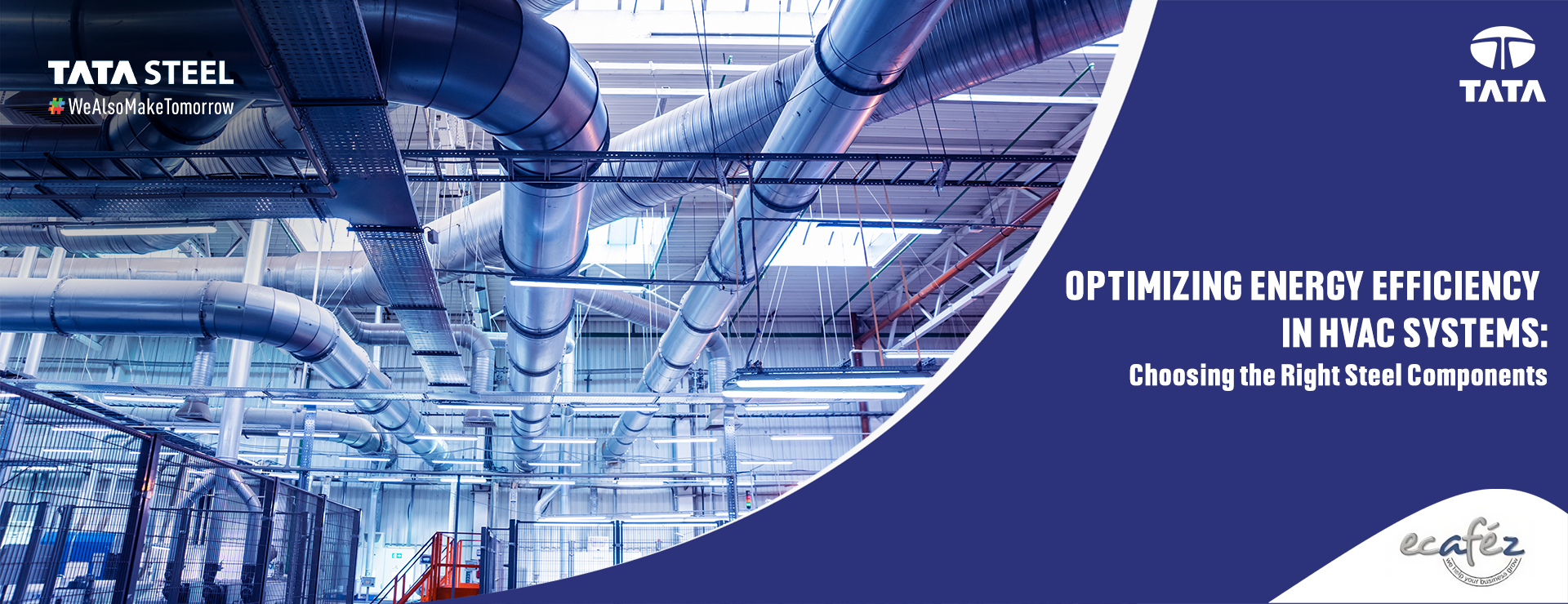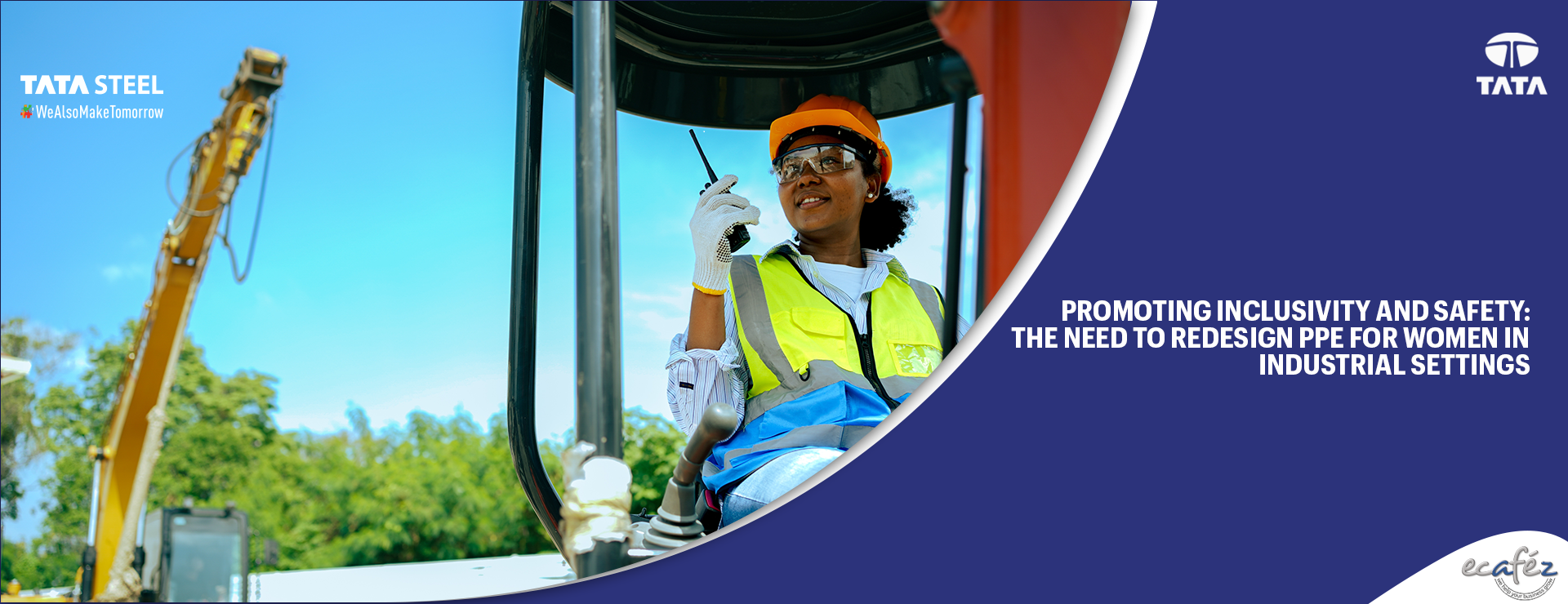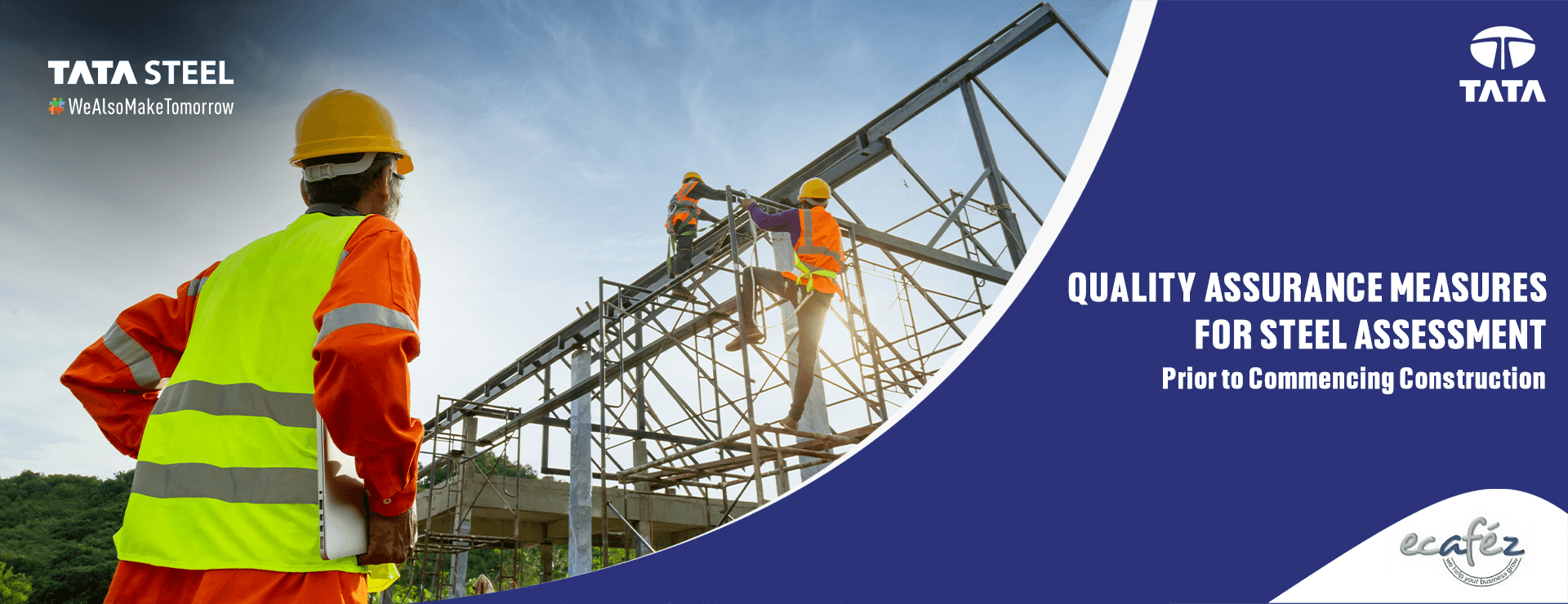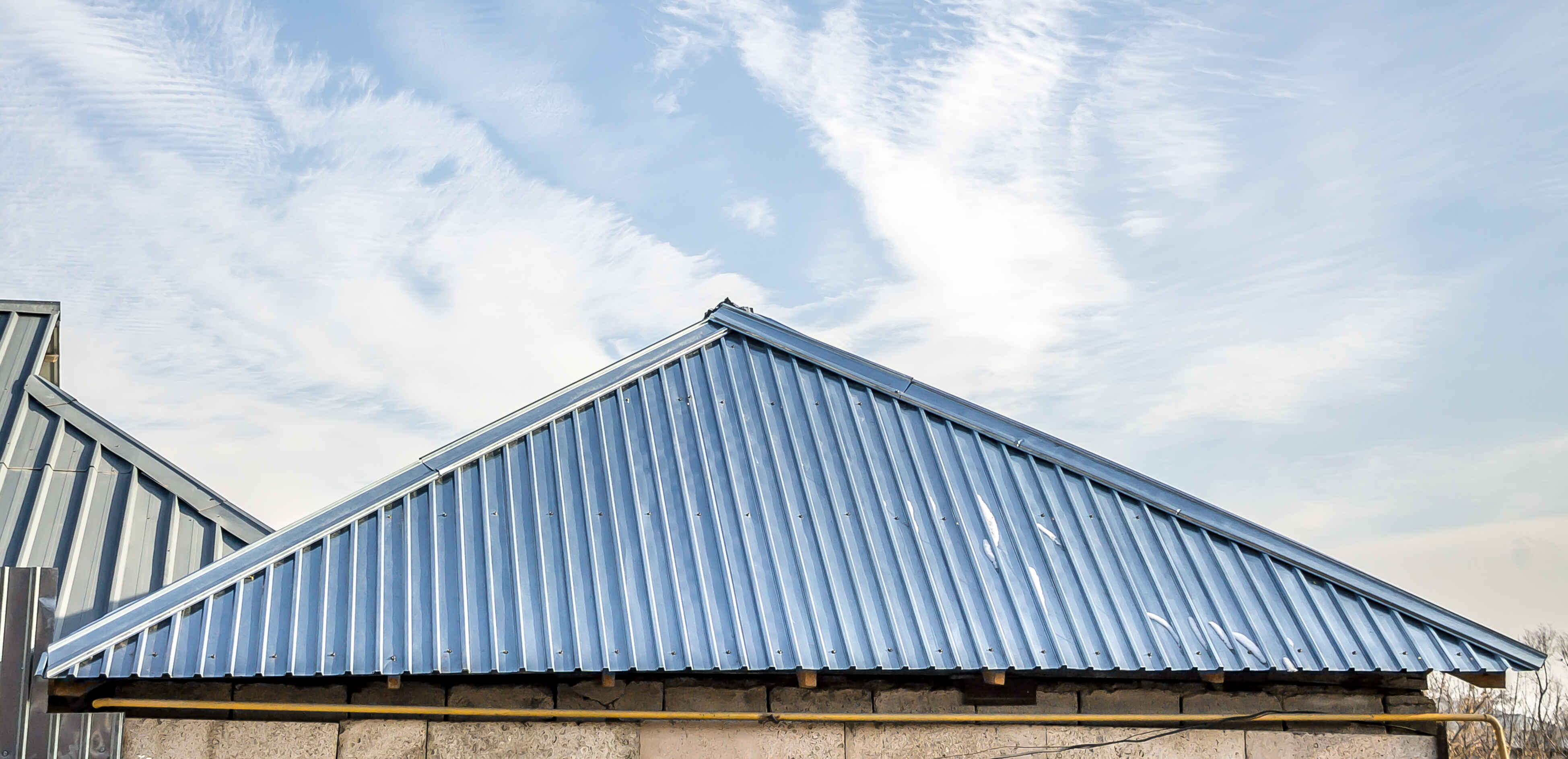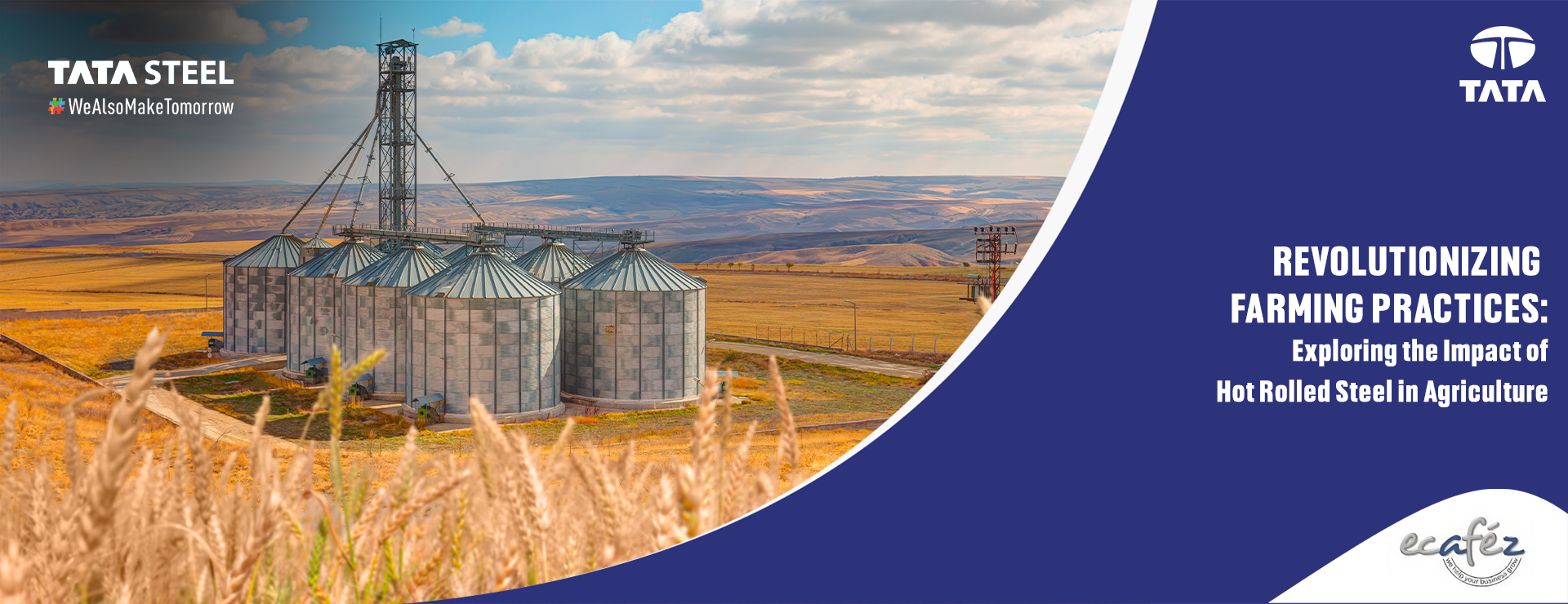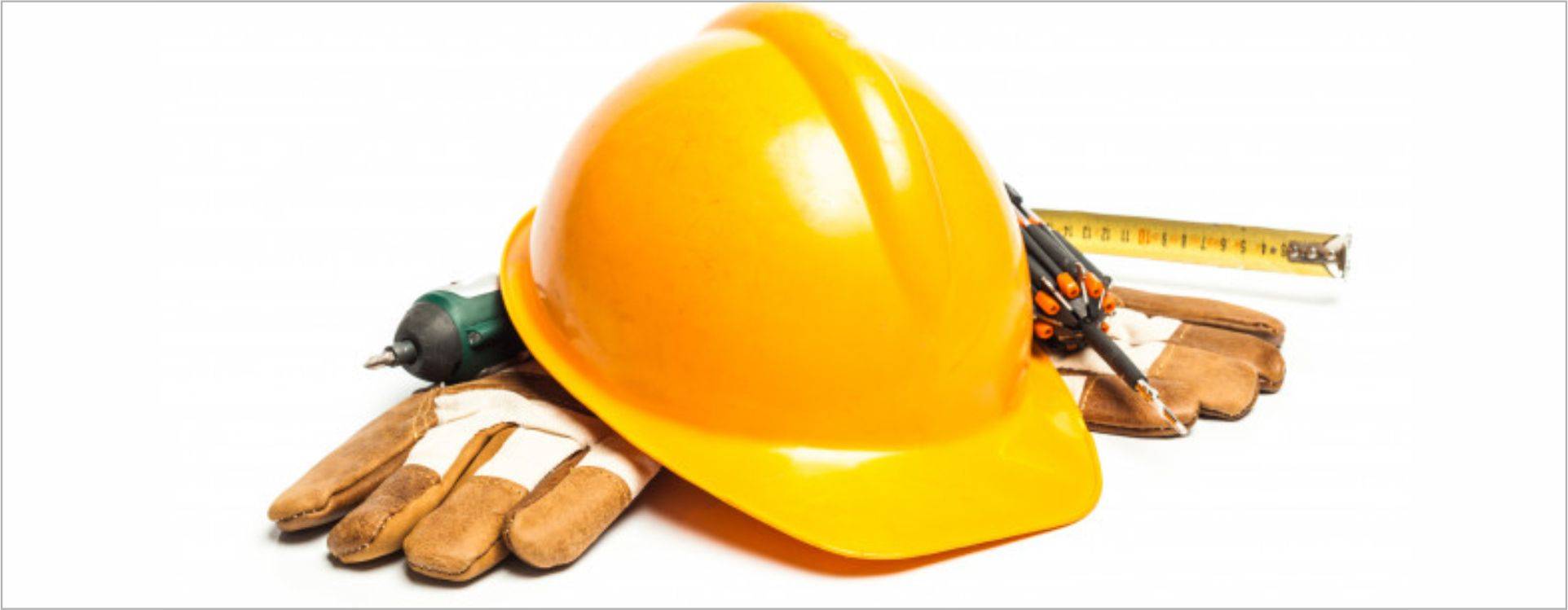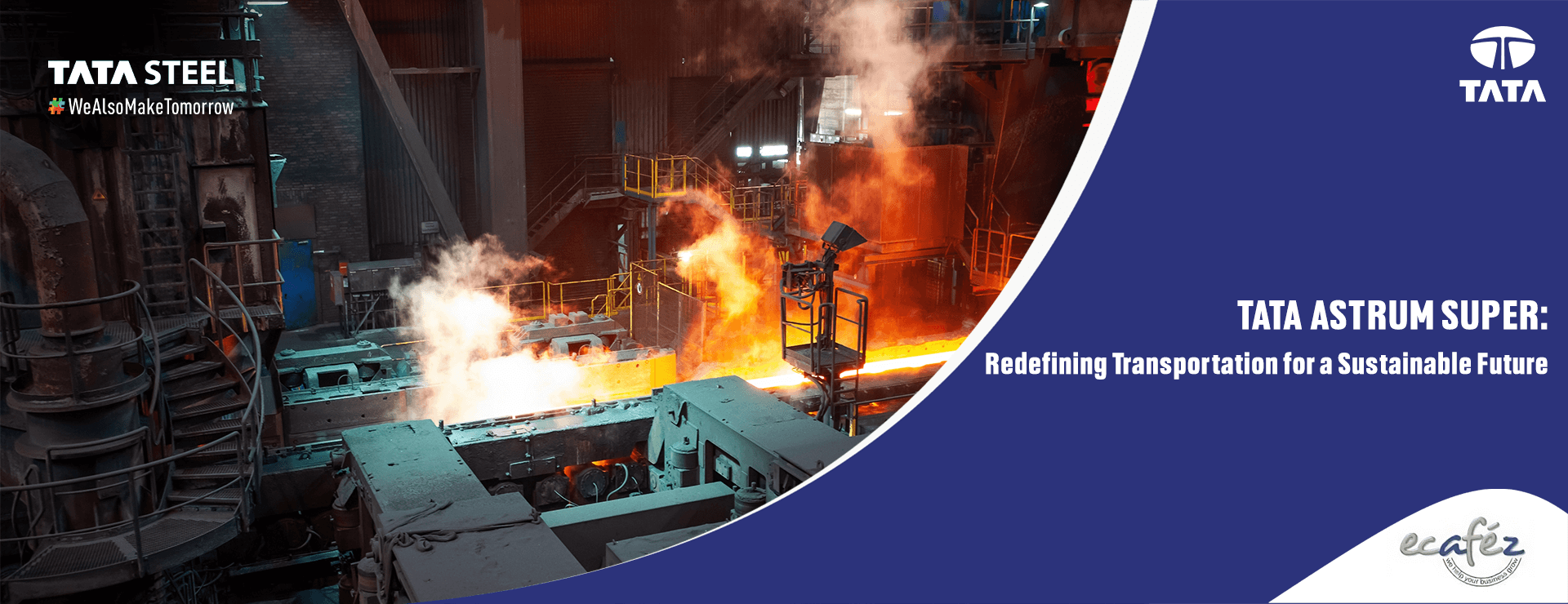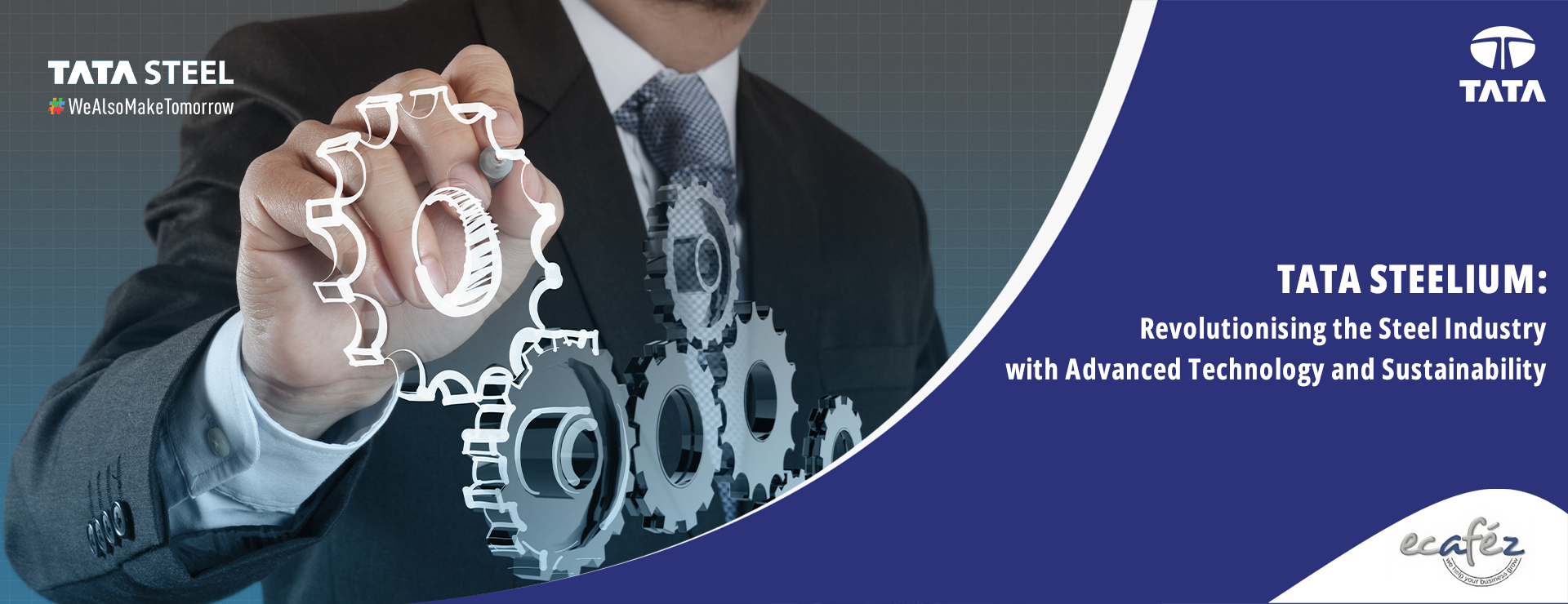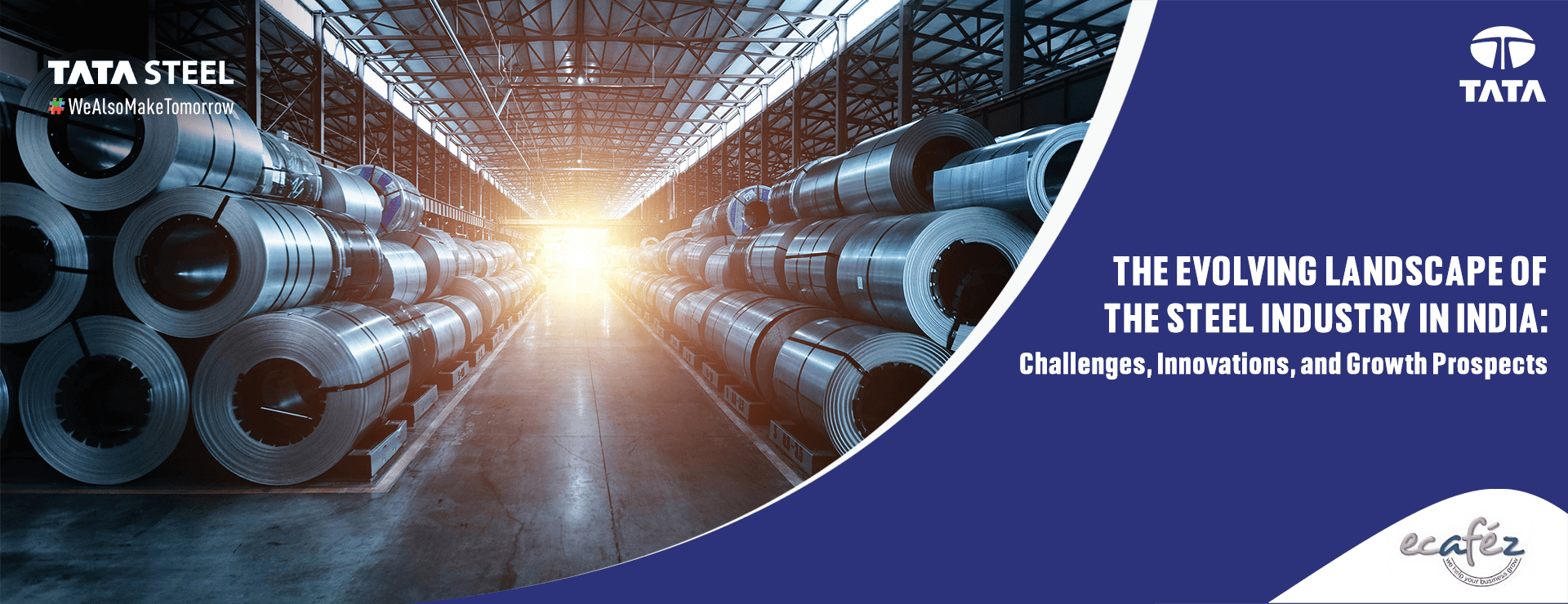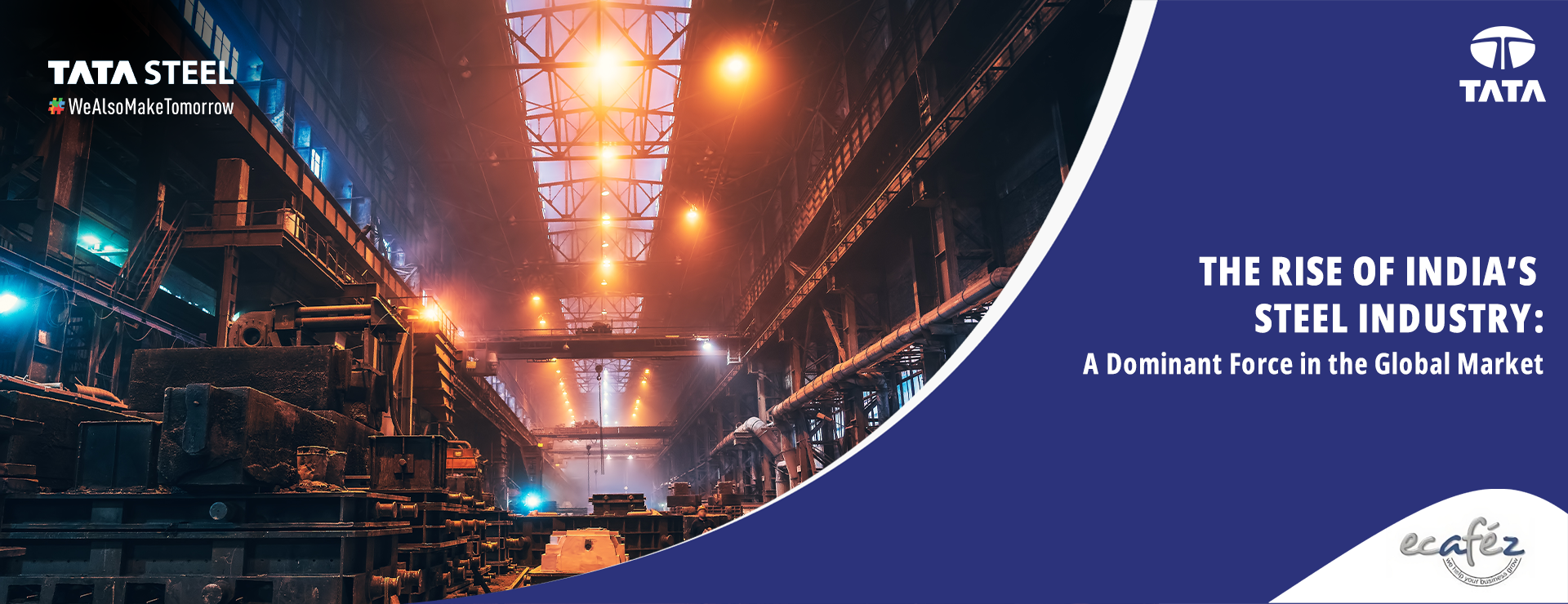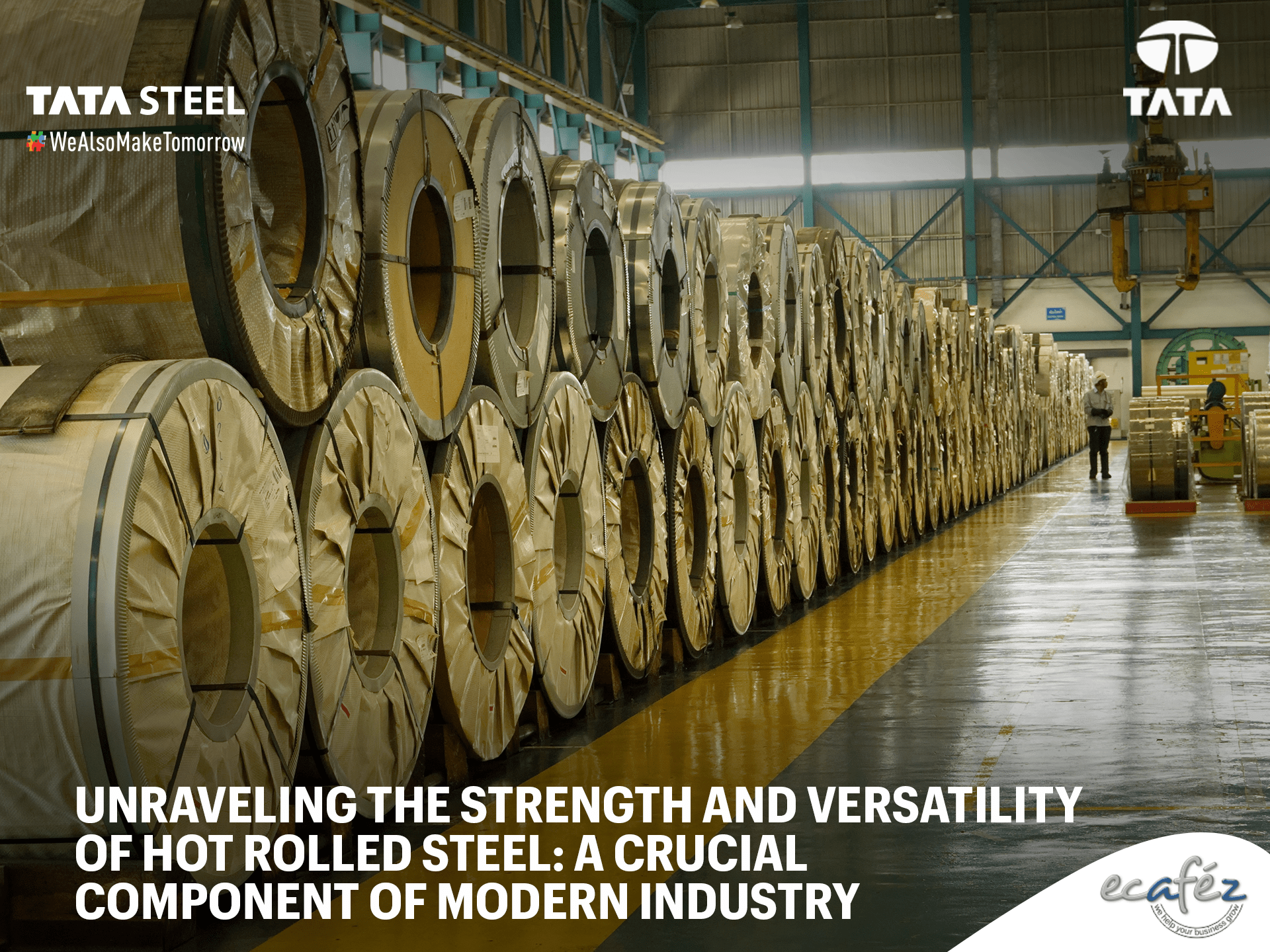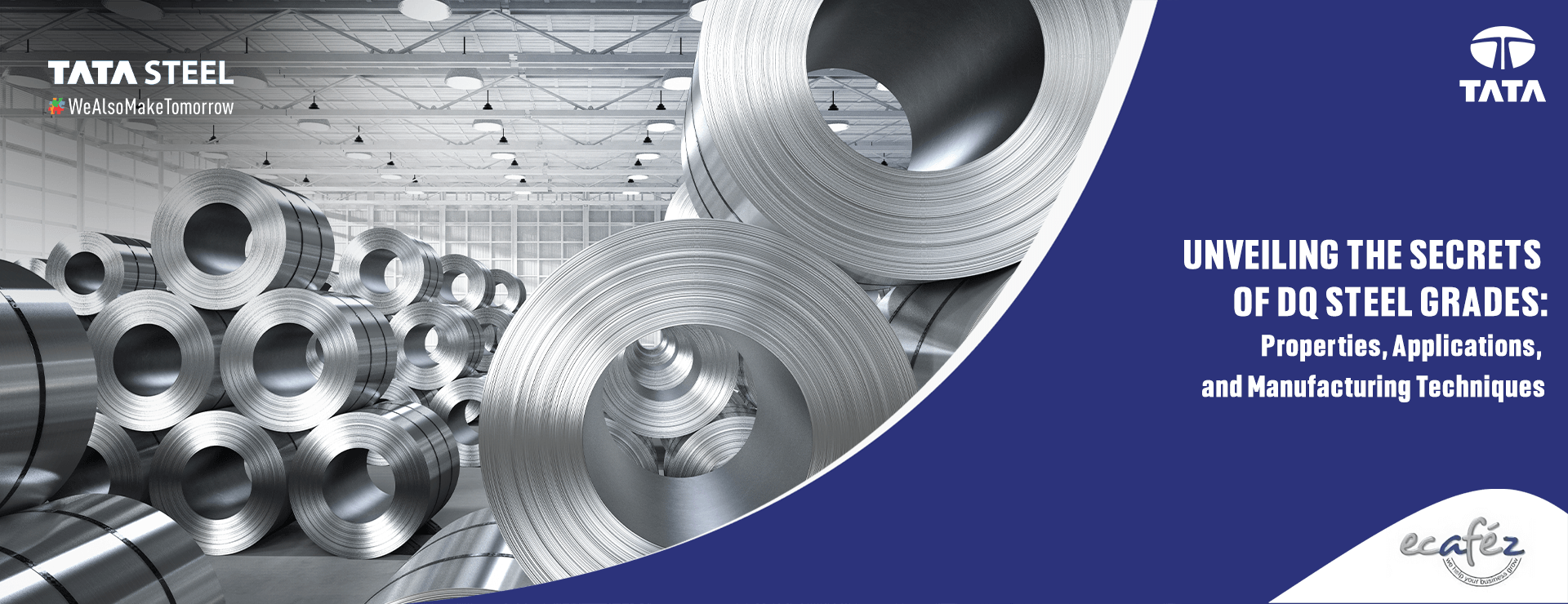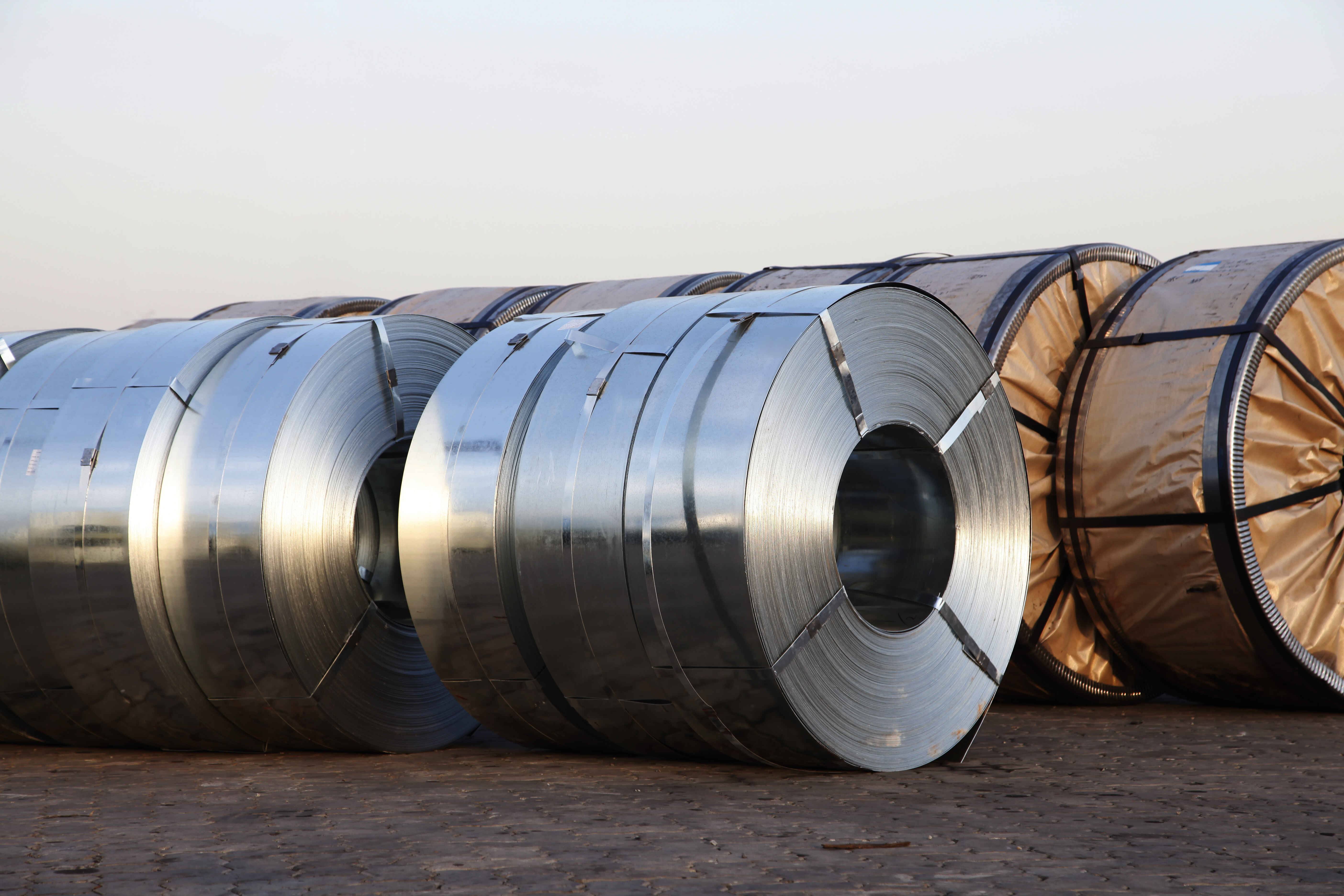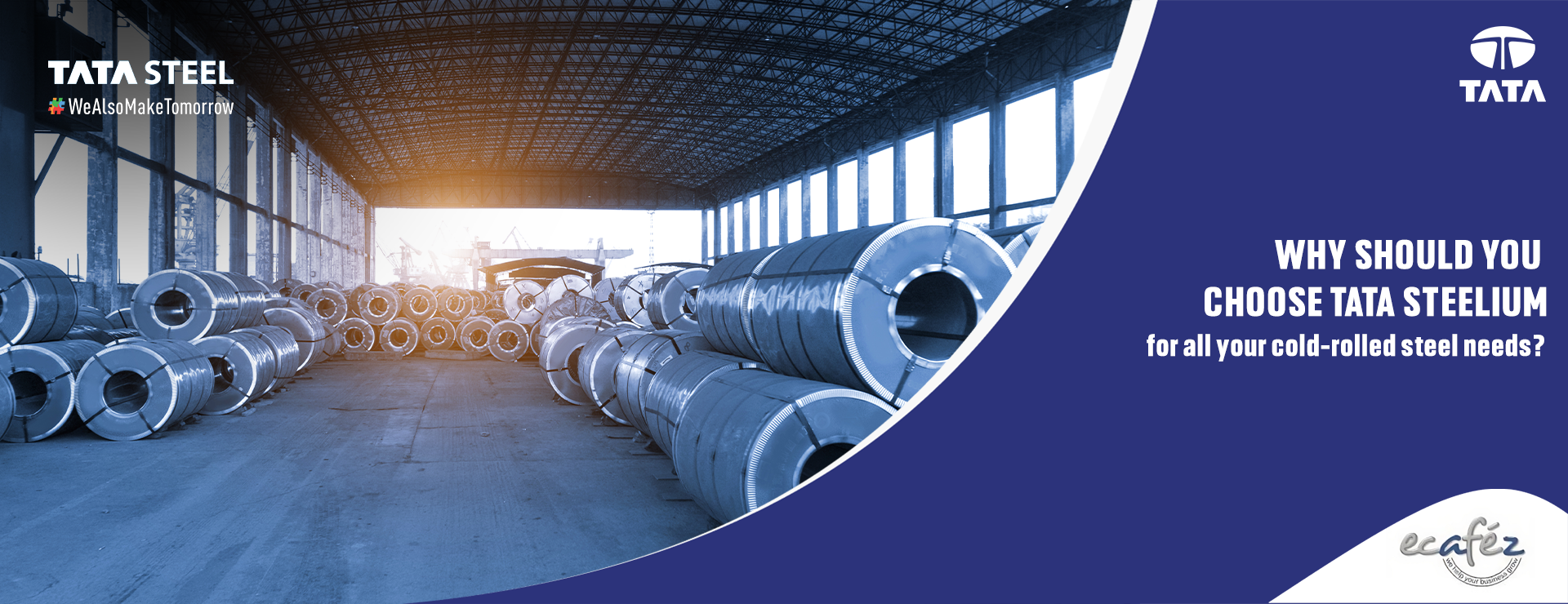For the survival and growth of every business, adopting new technologies and techniques is necessary. One of such techniques is ‘Lean Manufacturing’! But what is lean manufacturing, exactly?
Lean manufacturing or just 'lean' is a systematic approach to production that aims at eliminating waste, improving efficiency and enhancing overall Value delivered to the end customers. The concept of lean manufacturing is now adopted across various industries and is based on the principles of providing value to customers while minimising resources, time and efforts on non-value-added activities.
Since, the lean model of manufacturing can be applied to any industry, let's see how the lean manufacturing principles apply to the challenges and characteristics of the steel industry.
Identify the value for the customer:
The first step is to understand what value the specific steel product holds for the customer. These factors could be anything ranging from superior quality, cost-effectiveness, the ease of customization, etc. Once you have identified the USP of your product-- work towards tailoring your product's production-manufacturing to deliver the same to your customer.
Map out the production process:
Chart out the process required to manufacture your product. Get an understanding of the manufacturing process-- right from sourcing the raw materials, the steps of manufacturing, the medium of waste management to the time required for each step. Visualising the process can give you time to reflect on it, which can help you point out the fallacies that can be a hindrance in delivering the USPs.
Reduce and eliminate waste:
As per Lean's principles, there are seven types of waste such as overproduction, defects, waiting, unnecessary transportation, overprocessing, excessive inventory and underutilised talent. Now to implement the manufacturing model, keep the above-mentioned types of wastes at bay. For example, you can always take orders to reduce excess inventory while also streamlining the transportation routes, etc.
Implement the 5S Method:
To make the production process seamless, work towards implementing the 5S methodology. Sort, Set in order, Shine, Standardise and Sustain-- keep the above in mind while setting up the production-manufacturing processes in place. While the 5S method does not require a chunk of funds, it helps you organise better.
Create a flow for production:
Work towards creating a smooth and uninterrupted flow of raw materials-- by doing so, you can avoid sudden hiccups as you can concentrate on other stages of manufacturing.
Implement the Pull Systems:
nstead of pushing the manufacturing of products based on the hunch of it being used, use the pull system where your production is based on customer demands. This not only helps you in reducing wastage but also reduces overproduction.
Standardise processes:
As you further get into manufacturing, strike a balance through trial and error. Once you have perfected the process, standardise the manufacturing process. By doing so, you can introduce a set process which can further help you reduce variabilities during manufacturing and maintain uniformity in different batches.
Further, to make the process even more efficient in the long run you can begin with maintaining your machinery regularly and also work towards implementing newer technology for an improved manufacturing process!
The process of applying lean manufacturing in the Indian Steel Industry requires a solid commitment to change and a will to keep on improving through innovations-technologies, constantly. Today, many companies are working towards implementing the methodology either in bits and pieces or as a whole as it embraces a better way of functioning.
Want to learn more about such manufacturing methods? Follow Ecafez for industry updates that are necessary for the growth of any business owner or an SME owner. Let us help you bridge the gap between success and world-class solutions with insights on the steel industry
